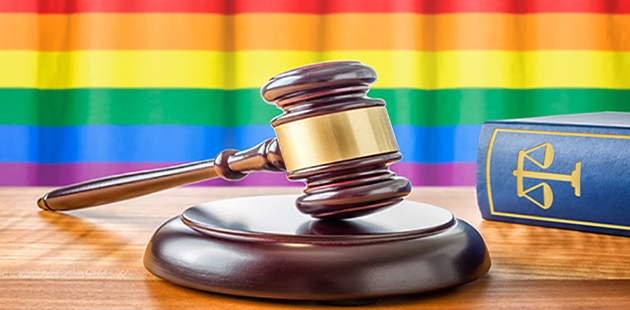 Tasmanian gay rights advocates have welcomed a state government announcement that it will move legislation next year to allow criminal records for gay sex to be expunged, and have praised its decision to apologise to those who were prosecuted.
Tasmanian gay rights advocates have welcomed a state government announcement that it will move legislation next year to allow criminal records for gay sex to be expunged, and have praised its decision to apologise to those who were prosecuted.
In 1997 Tasmanian became the final Australian state to decriminalise private, consenting, adult male sex, and it will be the first to provide a formal apology to those arrested and their families.
“For those men who were prosecuted in Tasmania for simply being in same-sex relationships it will be a great relief to be rid of the disadvantage and stigma that comes with an unfair criminal record,” says Tasmanian Gay and Lesbian Rights Group spokesperson, Rodney Croome.
“I am proud that Tasmania will be the first state to apologise to those arrested and their families because it will lift a burden from their shoulders and send the strongest message yet that Tasmania is a progressive and inclusive society.”
In 2008, in a nationally unprecedented move, the Hobart City Council formally apologised for the arrests of gay law reform advocates at Salamanca Market in 1988.
Mr Croome welcomed the Government’s decision to allow the possibility of expungement for other former ‘crimes’.”Tasmania was the only state to criminalise cross dressing and I look forward to people targeted under those provisions having he opportunity to clear their names and their records.”
Mr Croome said his preference is for expungement applications to be made by an independent expert panel, as proposed by the Anti-Discrimination Commissioner, Robin Banks.
The other states that have already passed expungement legislation are South Australia, Victoria, NSW, and the ACT. None have offered formal apologies to those arrested. Under Tasmania’s former anti-gay laws the maximum penalty for consenting adult private male sex was 21 years in jail – the highest in the western world.
The decade-long campaign to repeal these laws involved the United Nations Human Rights Committee, the Federal Government, the High Court and Amnesty International.
